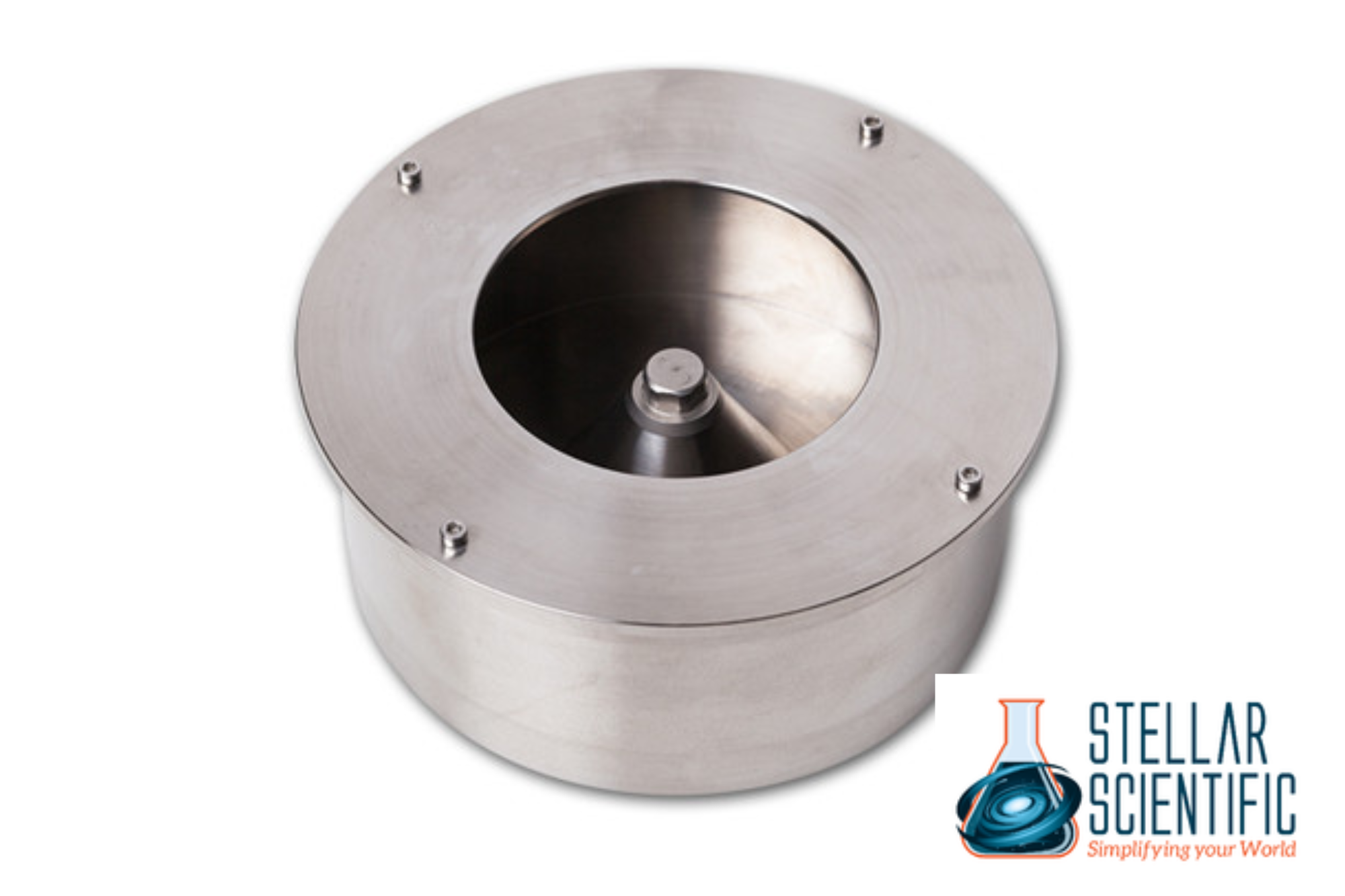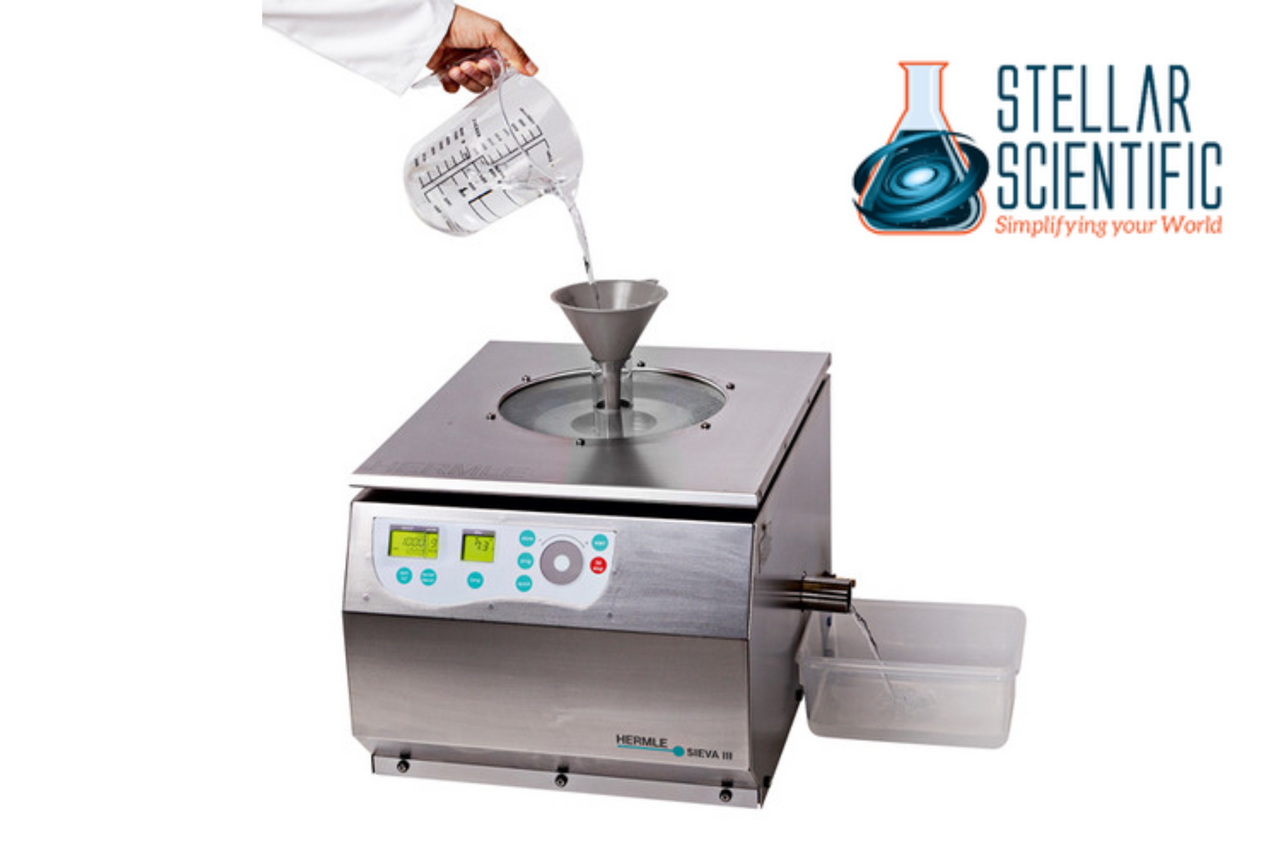Efficiency is a key driver in industrial processes, directly impacting productivity, cost-effectiveness, and overall operational success. One of the most critical components in maintaining efficiency in various industries, including pharmaceuticals, biotechnology, and chemical manufacturing, is the use of filtration centrifuges. These advanced systems play a vital role in separating solids from liquids, enhancing product purity, and optimizing production workflows.
Understanding Filtration Centrifuges
Filtration centrifuges operate on the principle of centrifugal force, which enables the separation of different substances based on density. Unlike traditional filtration methods that rely on gravity or pressure, centrifuges apply high-speed rotation to accelerate the separation process. This makes them highly effective for handling materials that require precise and efficient separation.
Types of Filtration Centrifuges
There are several types of filtration centrifuges, each designed for specific industrial applications:
-
Basket Centrifuges – These are widely used in industries requiring solid-liquid separation with high efficiency. The material is placed in a perforated basket that rotates at high speeds, allowing liquid to pass through while retaining solid particles.
-
Peeler Centrifuges – Known for their batch processing capabilities, these centrifuges are ideal for applications that demand rapid and efficient separation.
-
Inverting Filter Centrifuges – These offer an automated and continuous filtration process, minimizing manual intervention and improving operational efficiency.
-
Pusher Centrifuges – Designed for continuous solid-liquid separation, these centrifuges are commonly used in large-scale industrial settings.
Each type has its unique advantages, and selecting the right centrifuge depends on factors such as the nature of the materials being processed, required throughput, and industry-specific regulations.
Benefits of Using Filtration Centrifuges in Industrial Applications
Enhanced Productivity and Efficiency
One of the primary advantages of filtration centrifuges is their ability to significantly improve productivity. By automating the separation process and reducing downtime, these machines allow industries to maximize their output without compromising quality. The rapid separation capabilities also lead to shorter processing times, enabling manufacturers to meet high production demands efficiently.
Superior Filtration and Purity
In industries such as pharmaceuticals and biotechnology, maintaining the highest level of purity is crucial. Filtration centrifuges ensure precise separation of impurities, preventing contamination and enhancing the quality of the final product. This is particularly important in applications where even the smallest impurities can affect product efficacy and safety.
Cost-effectiveness and Resource Optimization
Investing in high-quality filtration centrifuges can lead to significant cost savings over time. These systems minimize material loss, reduce the need for additional filtration processes, and optimize the use of raw materials. Additionally, automated centrifuges require less manual labor, lowering operational costs and improving workplace efficiency.

Compliance with Industry Regulations
Many industries are subject to stringent regulatory requirements regarding product quality and safety. Filtration centrifuges help companies maintain compliance by providing consistent and reliable separation results. With advanced filtration technology, businesses can meet industry standards and avoid costly penalties or recalls.
Versatility Across Industries
Filtration centrifuges are used across a wide range of industries, including:
-
Pharmaceuticals – Ensuring precise separation of active ingredients and excipients.
-
Biotechnology – Facilitating the purification of biological samples and cell cultures.
-
Chemical Processing – Enhancing the separation of chemical compounds for manufacturing.
-
Food and Beverage – Improving the clarity and purity of liquid-based products.
Factors to Consider When Choosing a Filtration Centrifuge
Selecting the best filtration centrifuge is crucial for achieving optimal performance in industrial processes. Key factors to consider include:
-
Material Compatibility – Ensure the centrifuge is suitable for the substances being processed.
-
Processing Capacity – Choose a machine that aligns with production volume requirements.
-
Automation Features – Automated centrifuges offer increased efficiency and reduced manual intervention.
-
Maintenance and Durability – Opt for models that are easy to maintain and built for long-term use.
-
Regulatory Compliance – Verify that the centrifuge meets industry standards and safety guidelines.
The Future of Filtration Centrifuges in Industrial Applications
Advancements in filtration technology continue to enhance the capabilities of centrifuges, making them more efficient, durable, and adaptable to various industrial needs. Innovations such as smart monitoring systems, energy-efficient designs, and enhanced automation features are revolutionizing the way filtration centrifuges operate. As industries strive for higher efficiency and sustainability, filtration centrifuges will remain a crucial component in optimizing industrial processes.
About Stellar Scientific
Stellar Scientific is a trusted provider of high-quality laboratory and industrial equipment, offering a wide range of filtration centrifuges designed to enhance efficiency across various industries. Committed to delivering top-tier products and exceptional customer service, Stellar Scientific provides solutions that meet the demands of modern industrial applications.


